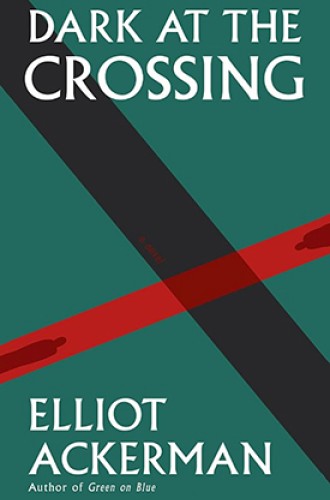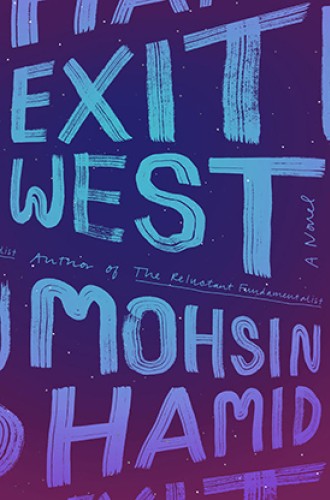The line between here and there
Two novels explore what happens when wars persist and borders are permeable.
During the best of times, borders are innocuous—mutually agreed upon boundaries that let us know where we stand. During the worst of times, they are contentious, raising questions about people’s rights to be where they are and get where they’re going, standing sentinel in a war-weary world. In either event, within borderlands lives are lived with intensity.
Elliot Ackerman currently lives in Istanbul, where since 2013 he has covered the Syrian Civil War. He is also a former marine who served five tours of duty in Iraq and Afghanistan. Infused with a journalist’s expository prowess and a soldier’s strategic mind, his second novel deftly explores questions of purpose, identity, and the meaning of home against the backdrop of a war-torn country.
Dark at the Crossing tells the story of Haris Abadi’s time in the Turkish city of Antep, near the Syrian border. While many frantically flee the violence and unrest, Haris is intent on crossing into Syria to join the fray and fight with the Free Army. Haris is no stranger to the horrors of war. An Iraqi who earned American citizenship by serving as a translator during a prior war, he returns to the Middle East seeking a way to make meaning out of his life. Haunted by guilt over his complicity with the U.S. military, he seeks purpose in a new war.







